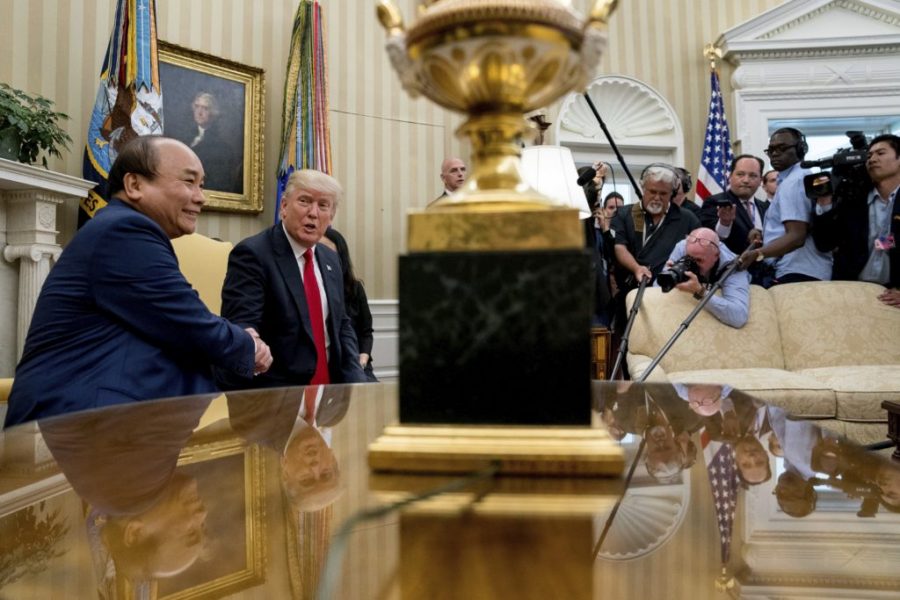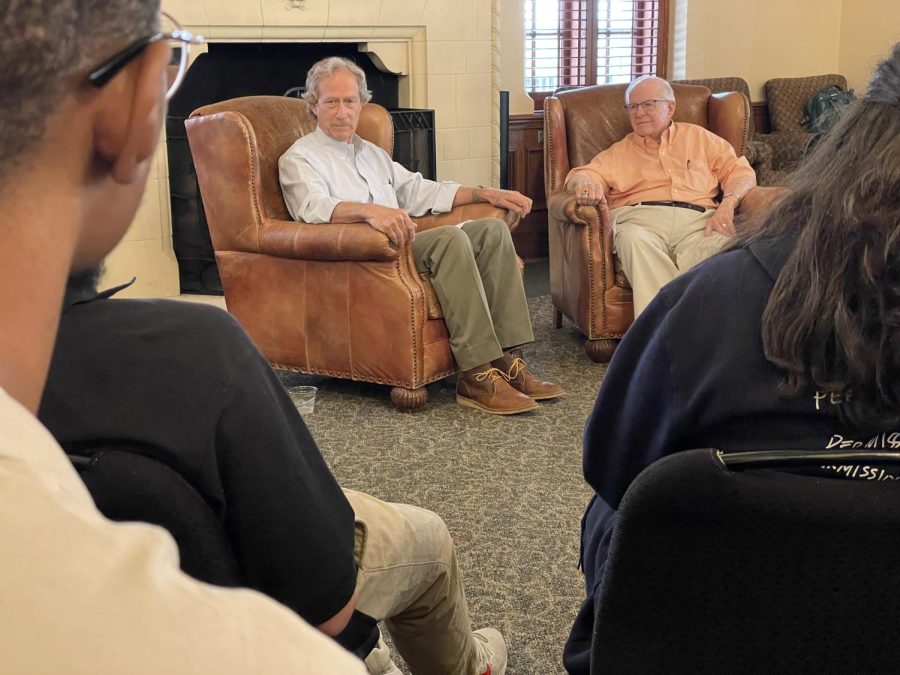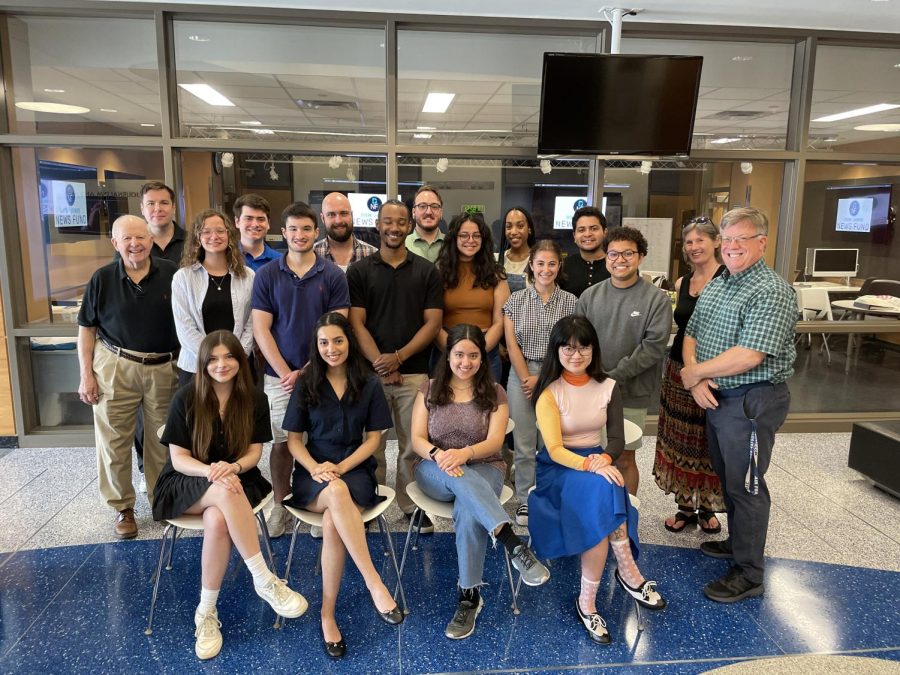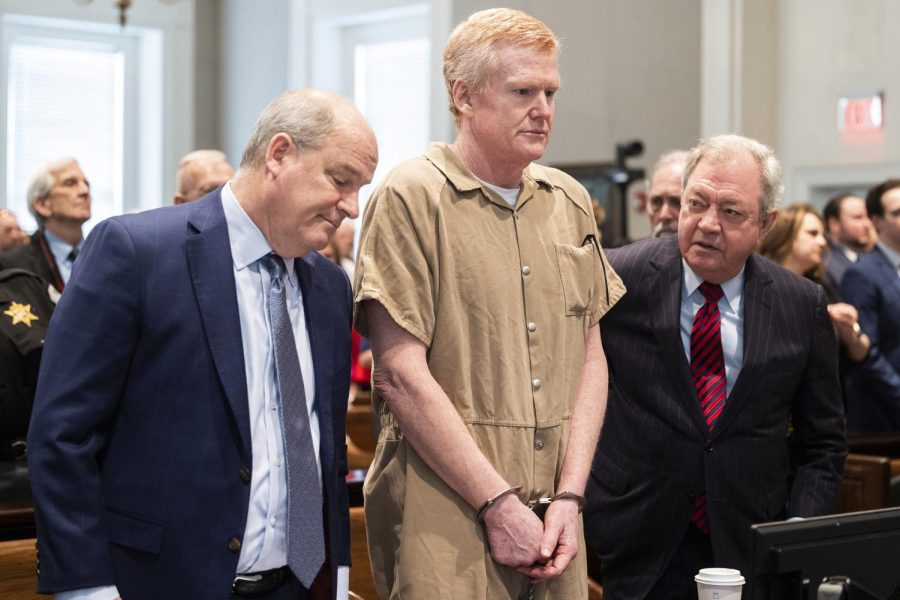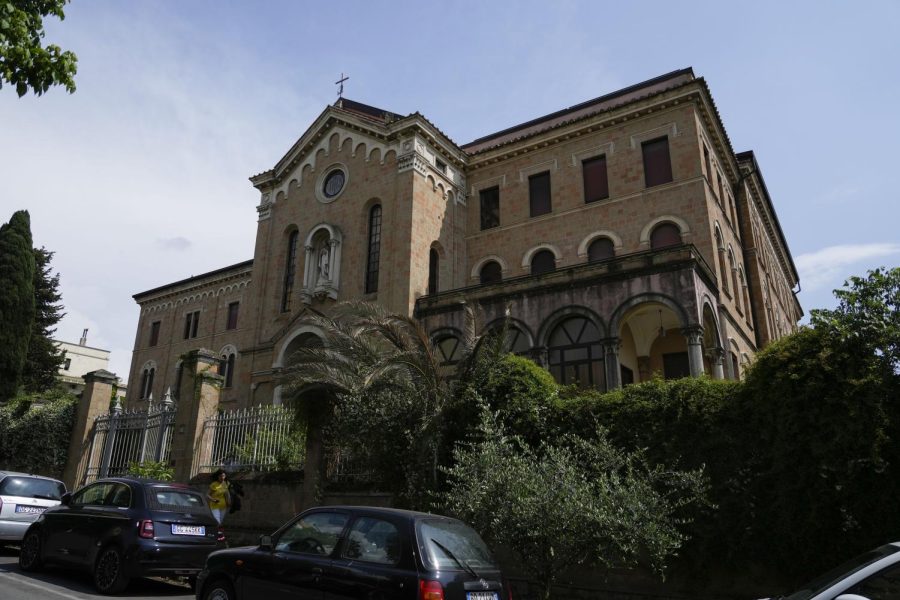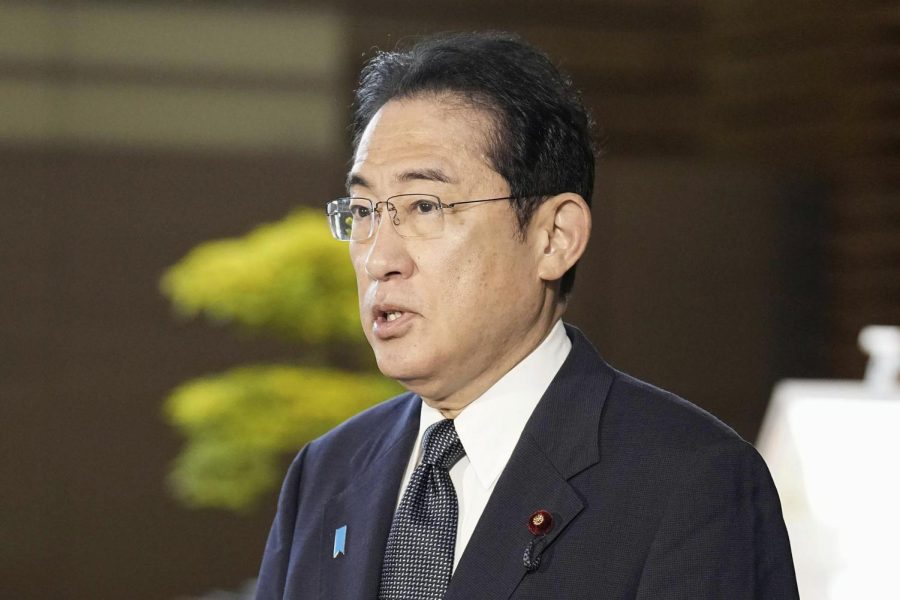MATTHEW PENNINGTON
Associated Press
WASHINGTON — President Donald Trump welcomed Vietnam’s prime minister to the White House on Wednesday to talk about the American trade deficit while the Southeast Asian country is still shaken by Trump’s withdrawal from a regional commerce pact.
Prime Minister Nguyen Xuan Phuc is the first leader to visit the Trump White House from Southeast Asia, where the U.S. vies with China for influence. The two leaders said billions of dollars in U.S.-Vietnamese business deals were signed but gave no details.
Trump will travel to Vietnam to attend an Asia-Pacific economic summit in November, which Phuc said would be an opportunity for the U.S. to assert its positive role in the region.
As the two leaders sat down for formal talks, which also touched on North Korea, Trump was quick to raise the trade imbalance.
“We have a major trade deficit with Vietnam, which will hopefully balance out in a short period of time,” Trump said. “We expect to be able to do that.”
Phuc said U.S.-Vietnam relations have “undergone significant upheaval, but today we have been able to become comprehensive partners.” He said he has been impressed by Trump’s friendliness and openness and was confident bilateral cooperation would be enhanced.
The U.S. and Vietnam normalized ties in 1995, two decades after the end of the Vietnam War. Diplomatic and security ties blossomed under President Barack Obama as Vietnam sought ways to counter China’s island-building and vast claims to the disputed South China Sea. However, the relationship is now on uncertain ground.
Vietnam would have been a prime beneficiary of the 12-nation Trans-Pacific Partnership agreement negotiated under Obama. Within days of taking office, Trump withdrew the U.S. from the trade deal, saying it would hurt American workers.
At a dinner American business leaders hosted for Phuc late Tuesday, U.S. Trade Representative Robert Lighthizer said the annual trade deficit with Vietnam — America’s sixth-largest — increased over the last decade from $7 billion to nearly $32 billion, presenting new challenges for the countries’ relationship.
Speaking at the Heritage Foundation think tank Wednesday, Phuc pushed back by saying that in trade, the U.S. and Vietnamese economies are “more complementary than competitive.” He said contracts for U.S. goods and services worth $15 billion were signed during his visit. GE Power Chief Executive Officer Steve Bolze said the company would sign $6 billion in agreements.
Security cooperation between the countries has grown because of shared concern over China’s assertive behavior in the South China Sea. The U.S. recently delivered six coastal patrol boats to Vietnam’s coast guard and a decommissioned Hamilton-class cutter.
Phuc did not address last week’s U.S. Navy’s freedom of navigation operation in the South China Sea, the first since Trump took office, but said he welcomes U.S. support for freedom of navigation and overflight, compliance with international law and peaceful resolution of disputes.
He called for U.S.-China relations that are conducive to peace and stability and the interests of smaller nations.
“In Vietnam we have a saying that when the buffalos fight the flies may be hurt,” he said.


